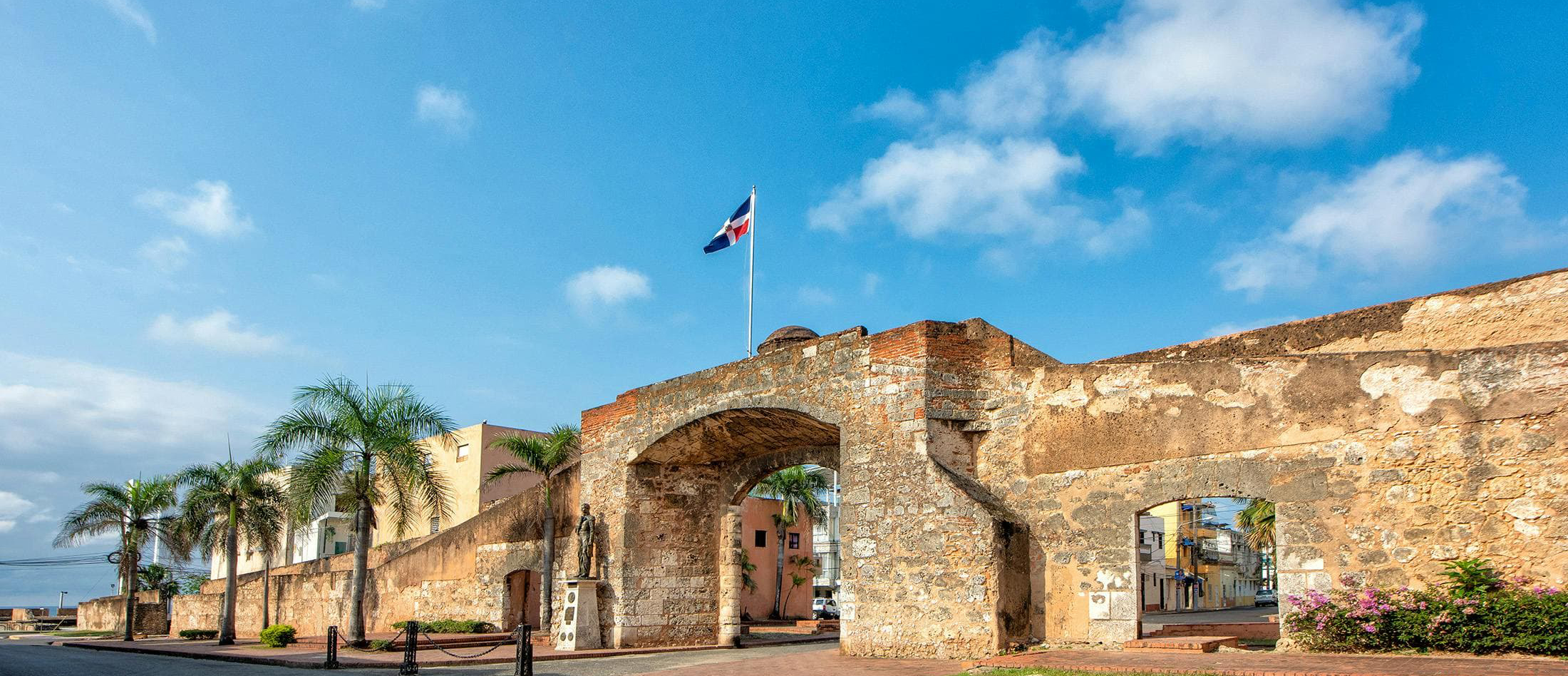
Cultura, Duelo y Vida: Exploring Grief, Death and Dying in the Dominican Republic
Oakland University’s two-week, faculty-led program in the Dominican Republic. Students will explore the vibrant communities of Santiago de los Caballeros and Santo Domingo, learning about Dominican traditions and rituals surrounding death and dying. Improve your Spanish while staying with a host family and experiencing the day-to-day rhythms of life in the Caribbean through cooking classes, visits to cultural sites and national parks, and Afro-Dominican communal gatherings.
Courses:
CNS 6075 Reaction to Significant Loss (for graduate students in counseling and related disciplines) (4 credits)
ML 3900 (upper division Spanish course, for undergraduates) (4 credits)
Graduate students will have the option of enrolling in both courses if they desire, but the Spanish course will not count towards the graduate degree.
Program Dates: June 15-26, 2026
Application Deadline: February 1, 2026
For more information, contact:
Jennifer Matthews, Associate Professor, Counseling, jmatthews@oakland.edu
Adolfo Campoy-Cubillo, Associate Professor, Spanish, campoycu@oakland.edu
Students will travel together to Santiago de los Caballeros, known in the Dominican Republic as “La Ciudad Corazón” due to its central place in the national culture. In Santiago, site visits and guest lectures will cover topics such as the Dominican perspective on grief and loss, race and identity, and mental health in the Caribbean. Visits to the Fuente de Luz and 30 de Marzo cemeteries, as well as to a local funeral home, allow you to see how Dominican communities remember the dead and how these practices intersect with religion, family and social life. You will also take part in a guided visit to a palliative care center to observe how medical professionals approach the end of life.
Alongside these academic components, you will engage in cultural experiences that ground your learning in daily Dominican life. A cooking class with host mothers and a traditional dance lesson introduce you to the rhythms and flavors that carry meaning in moments of both joy and mourning. Guided tours of the Centro León cultural center and Calle del Sol provide insight into Dominican history and identity. A day trip to La Isabela, the site of the first European settlement in the Americas, highlights the historical depth of loss and cultural encounter in the region.
The second part of the program in Santo Domingo takes you to the country’s capital, where you will visit the Zona Colonial, Los Tres Ojos national park, and the Congos de Villa Mella community. This latter site is especially important, as the Congos preserve Afro-Dominican musical and ritual traditions associated with death, spirituality and remembrance. A workshop with the Sociedad Dominicana de Logoterapia y Tanatología offers an academic framework to interpret what you have observed. The program closes with time at the beach and a farewell dinner, giving space to reflect on your learning before departure.
Graduate students in counseling and related fields will take CNS 6075 Reactions to Significant Loss, a four-credit counseling course on Death and Dying. Undergraduates will take ML 3900, an upper-division Spanish course. The two courses complement each other, with opportunities to link language study to fieldwork and to reflect academically on lived cultural practices.
Undergraduate students must have at least one year of prior Spanish language study, or the equivalent.
Students in the counseling section need not have any prior background in Spanish.
Graduate students will have the option of enrolling in both courses if they desire, but the Spanish course will not count towards the graduate degree.
Both courses require reflective writing, active participation in discussions, and short field projects that synthesize what you learn from lectures, site visits and cultural immersion. Students in the counseling course may focus their final project on topics such as comparative funeral practices, while students in Spanish may conduct interviews or prepare analyses of ritual language and cultural texts.
In Santiago de los Caballeros, you will live with Dominican host families. Living with a host family will give you daily linguistic immersion and an intimate window into household mourning practices, such as how grief is expressed in the private sphere, how food is shared when someone dies, how visiting and memorialization happen in family settings. All three meals on most days will be provided by the host family, and you will also participate in a cooking class where you prepare Dominican specialties such as mangú (mashed plantains), arroz con habichuelas (rice with beans), and sancocho (a traditional stew often served at gatherings).
In Santo Domingo, you will stay in a centrally-located hotel in double occupancy rooms. Breakfast will be included daily, and other meals will be a mix of group dinners, local restaurants and independent exploration. Representative Dominican dishes you might try include pollo guisado (braised chicken), tostones (fried green plantains), and tropical fruits such as guava, papaya and passionfruit. Group meals in the capital highlight the shared role of food in commemoration and community, complementing the program’s focus on grief and cultural expression.
Tuition: 4 credits
You will be charged for these credits on your eBill at your normal rate of tuition.
Program Fee: $4,000
To be paid to OU on our MarketPlace payment system and includes: roundtrip airfare, housing and most meals, ground transportation and all excursions while in the Dominican Republic, and health insurance.
Additional Costs: $465
You will need additional funds for these expenses not covered by the program fee. Amounts are estimated.
- Incidental personal expenses: $200
- Meals: $100
- Passport (if you don't have one): $165
Scholarships and Financial Aid: You are able to use financial aid to cover your full cost of attendance to this program (tuition, program fee and additional costs). Scholarships are also available through your study abroad application.
International Education
586 Pioneer Drive
Rochester, MI 48309-4482
(location map)
(248) 370-2889
ie@oakland.edu
Office hours:
Mon - Fri: 8 a.m. - 5 p.m.
Alex Zimmerman, Director
(248) 370-2843
azimmerman@oakland.edu

